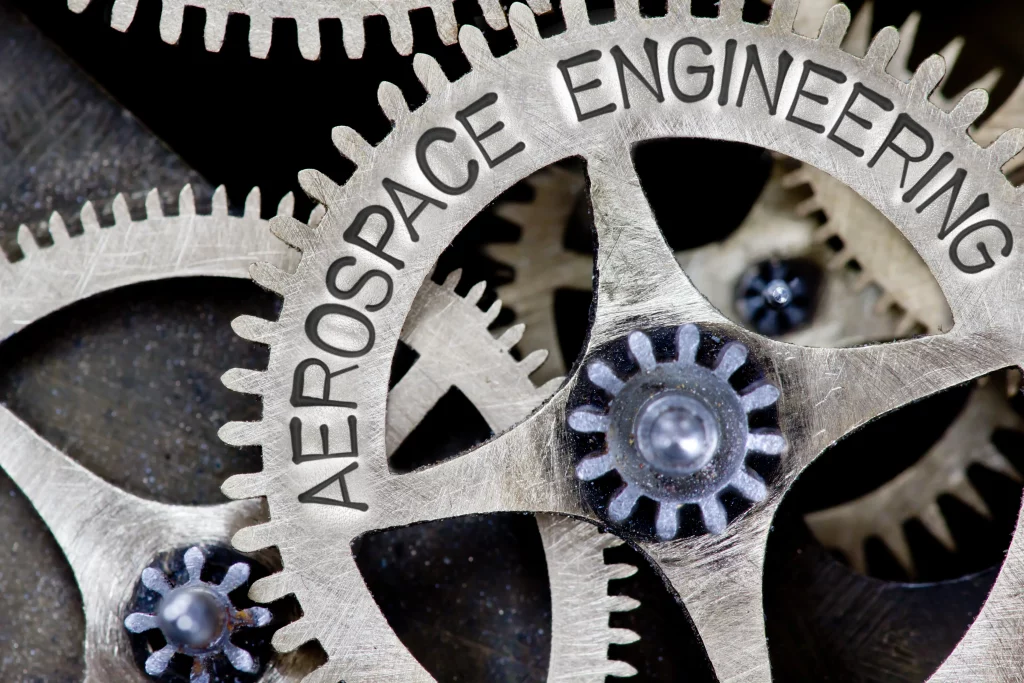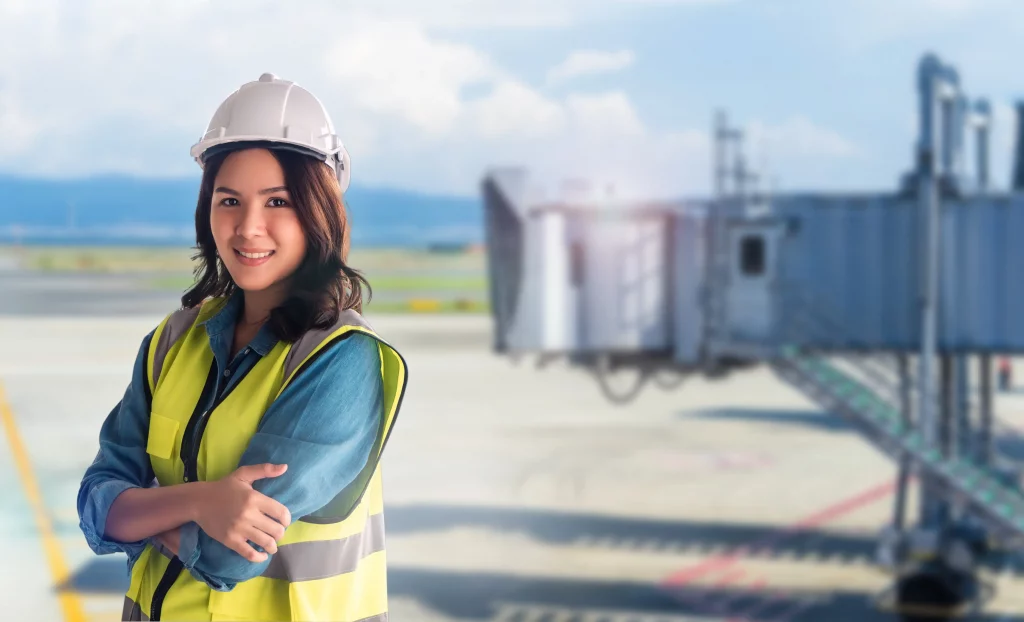Aerospace engineering is a captivating and highly specialised field that combines principles of engineering and physics to design, develop, and test aircraft, spacecraft, and related systems. In Singapore, the aerospace industry has been growing steadily, driven by the country’s strategic position as a global aviation hub and its commitment to technological innovation. With leading institutions such as the National University of Singapore (NUS) and Nanyang Technological University (NTU) offering advanced aerospace engineering programs, Singapore is poised to be at the forefront of aerospace advancements in Asia.
This article aims to provide a comprehensive guide to the top 10 aerospace engineering positions, outlining their responsibilities, required skills, and typical career paths. By delving into these roles, we hope to offer valuable insights for those looking to navigate the exciting world of aerospace engineering in Singapore. Whether you are a student considering aerospace engineering as a major or a professional seeking to transition into this field, understanding these key positions will help you make informed decisions about your career trajectory.
Aerospace Design Engineer
Aerospace Design Engineers are responsible for developing new products and improving existing ones. Key responsibilities include creating technical drawings, conducting simulations, and ensuring designs meet regulatory standards. Essential skills for this position include proficiency in CAD software, a strong understanding of materials science, and excellent problem-solving abilities. Typically, Aerospace Design Engineers hold a bachelor’s degree in aerospace engineering or a related field and may pursue further certifications to advance their careers.
Aerospace Systems Engineer
Aerospace Systems Engineers integrate various subsystems within an aircraft or spacecraft. They ensure that all components work together seamlessly to meet the overall system requirements. Key duties include system design, testing, and validation, as well as coordinating with other engineering teams. Necessary competencies for this role include strong analytical skills, knowledge of systems engineering principles, and effective communication abilities. A bachelor’s degree in aerospace engineering or systems engineering, along with relevant work experience, is typically required.

Flight Test Engineer
Flight Test Engineers evaluate the performance of aircraft and spacecraft through rigorous testing procedures. They develop test plans, conduct test flights, and analyse data to ensure that the vehicles meet safety and performance standards. Critical responsibilities include troubleshooting issues during tests, documenting results, and providing recommendations for improvements. Skills required for this role include a deep understanding of aerodynamics, proficiency in data analysis, and strong attention to detail. Flight Test Engineers usually have a degree in aerospace engineering and may require additional certifications depending on the specific field of testing.
Propulsion Engineer
Propulsion Engineers specialise in the design and development of engines and propulsion systems for aircraft and spacecraft. Their primary tasks include researching new propulsion technologies, designing propulsion components, and conducting performance tests. Expertise required for this role includes knowledge of thermodynamics, fluid dynamics, and combustion processes. A bachelor’s degree in aerospace engineering or mechanical engineering is typically needed, with opportunities for career progression through advanced degrees and specialiseds certifications.
Avionics Engineer
Avionics Engineers are responsible for the electronic systems used in aircraft and spacecraft, including navigation, communication, and flight control systems. Their main responsibilities include designing and testing avionics systems, ensuring compliance with industry standards, and troubleshooting any issues that arise. Technical skills required for this position include proficiency in electronic circuit design, knowledge of software development, and an understanding of signal processing. Avionics Engineers generally hold a degree in aerospace engineering, electrical engineering, or a related field, with additional training in avionics systems.

Aerodynamics Engineer
Aerodynamics Engineers focus on the behaviour of air as it interacts with solid objects like aircraft wings and fuselage. Their role involves conducting wind tunnel tests, analysing aerodynamic data, and optimising designs to improve performance. Essential skills include proficiency in computational fluid dynamics (CFD) software and a solid understanding of fluid mechanics. A degree in aerospace engineering or mechanical engineering is typically required, along with specialised courses in aerodynamics.
Structures and Materials Engineer
Structures and Materials Engineers are responsible for ensuring aerospace vehicles’ structural integrity and durability. They analyse material properties, design structural components, and conduct stress tests. Key knowledge areas include materials science, finite element analysis (FEA), and structural mechanics. Qualifications for this role typically include a degree in aerospace engineering or materials science, with further professional development through certifications and advanced degrees.
Satellite Engineer
Satellite Engineers design, develop, and manage the operation of satellites and related systems. Their typical duties involve satellite design, system integration, and mission planning. Essential skills for this role include knowledge of orbital mechanics, telecommunications, and satellite subsystems. Educational requirements generally include a degree in aerospace engineering, electrical engineering, or a related field, with specialised courses in satellite technology.

Manufacturing Engineer
Manufacturing Engineers in the aerospace industry focus on the production processes for aircraft and spacecraft components. Their primary functions include developing manufacturing plans, improving production efficiency, and ensuring product quality. Necessary competencies include knowledge of manufacturing techniques, process engineering, and quality control. A degree in aerospace engineering, mechanical engineering, or industrial engineering is typically required, with additional certifications in manufacturing processes being beneficial.
Quality Assurance Engineer
Quality Assurance Engineers ensure that aerospace products meet all necessary standards and specifications. Their role involves conducting inspections, developing quality control procedures, and addressing any defects or non-compliance issues. Key responsibilities include performing audits, analysing quality data, and coordinating with production teams. Skills required for this role include attention to detail, knowledge of quality management systems, and proficiency in quality control tools. Qualifications generally include a degree in aerospace engineering or a related field, with professional certifications in quality assurance enhancing career prospects.
Why Pursue Jobs for Aerospace Engineers?
Aerospace engineering offers a thrilling and impactful career path, combining cutting-edge technology and significant societal impact. This dynamic field allows engineers to work on innovative projects such as next-generation aircraft and spacecraft, providing opportunities for high remuneration and job stability across global markets. The role is inherently interdisciplinary, demanding continual learning and versatility, which fosters personal and professional growth. Moreover, aerospace engineers contribute to essential sectors like national defence and global connectivity and are increasingly involved in developing sustainable aviation technologies, making it a prestigious and rewarding career choice for those passionate about advancing technology and making a positive impact on the world.
If you are passionate about pushing the boundaries of technology and exploring new frontiers, now is the perfect time to pursue a career in aerospace engineering. AcePLP, a leading BIM services provider in Singapore, offers comprehensive training programs and career development opportunities to help you succeed in this exciting industry. Contact AcePLP today to learn more about how we can support your professional growth and help you achieve your career goals in aerospace engineering.
